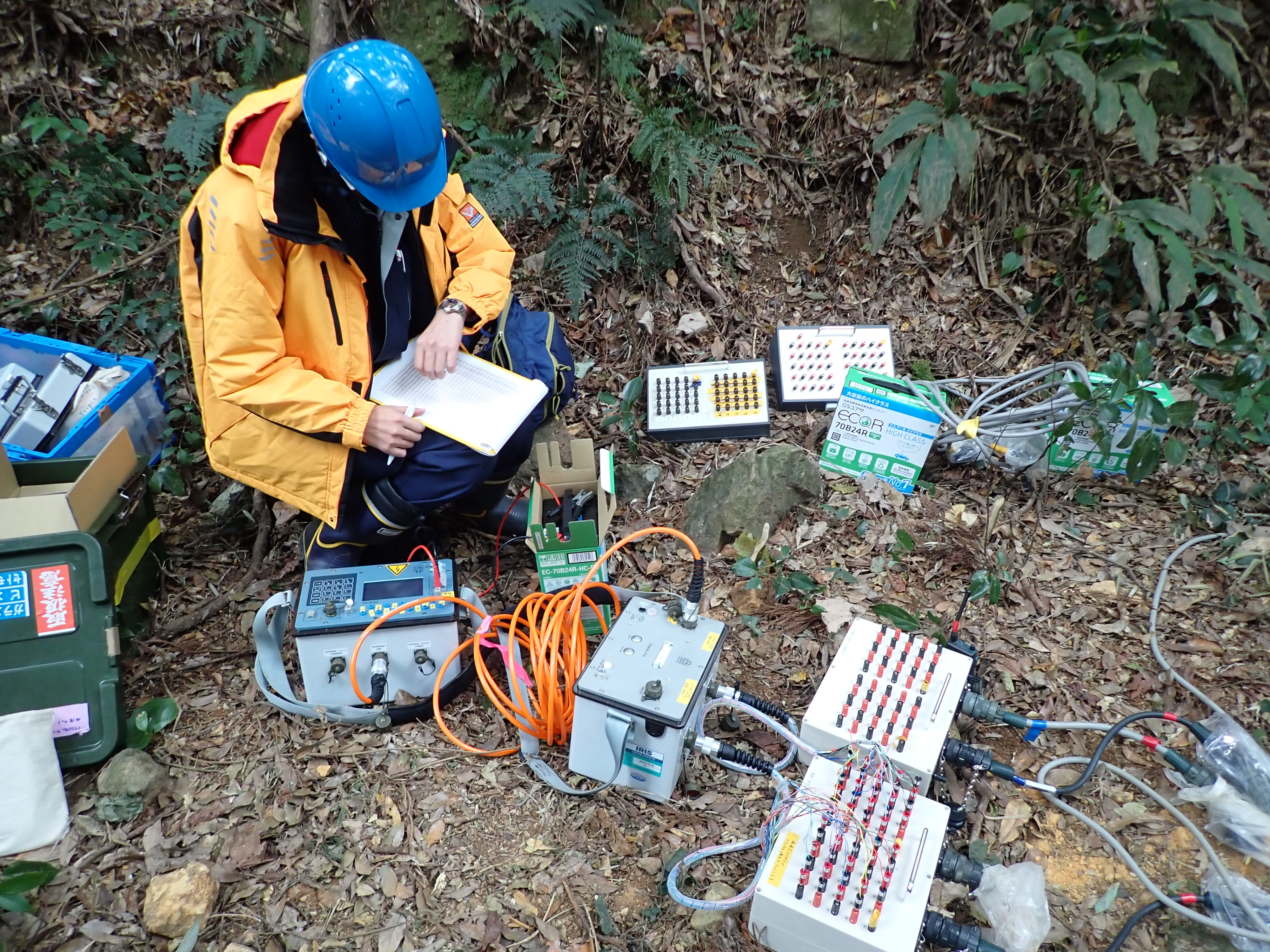What is GREEN?
Greetings from Director, Research Institute
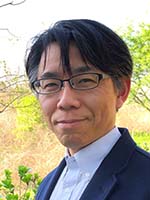
The Research Institute for Geo-Resources and Environment (GREEN) is the only research unit at the National Institute of Advanced Industrial Science and Technology (AIST) that has continued under the same name since April 2001.
Since the founding GREEN, numerous major events have occurred: the September 11 attacks in the United States, the Lehman Shock, the Great East Japan Earthquake, the global COVID-19 pandemic, and Russia's invasion of Ukraine. The impact of these events has been profound, and society's perception of underground resources and environmental issues has changed significantly comparing to those around 2001. While securing “mineral resources and energy” is explicitly stated in the “Act on the National Institute of Advanced Industrial Science and Technology” (under the Purpose of the Institute), it was not considered particularly important at the time, largely due to Japan's prosperity and positive expectations for globalization. However, the world is now entering a period of intense turbulence. At AIST, we have identified “Addressing Energy, Environmental, and Resource Constraints” as one of the key societal challenges to tackle in our 6th Medium-To-Long-Term Plan (starting fiscal year 2025).
Upon assuming my role as Director of GREEN in April 2023, I wrote: “The international environment Japan has taken for granted is changing rapidly—with the normalization of diplomatic relations between Saudi Arabia and Iran, the rise of resource-rich BRICS nations and the Global South, and the increasing use of non-dollar currencies for resource and energy transactions. Simply having money may no longer be sufficient to secure resources, and we cannot rule out the possibility that Japan's prosperity could be lost.” What has the situation been like since then? The expansion of resource-rich BRICS nations and the increasing trend of using currencies other than the dollar for international settlements continue. I believe we will never return to the situation of a few years ago, when globalization and investment-driven nations were highly praised.
Recognizing this global situation anew, I cannot help but conclude that the role of us GREEN is extremely important, even if it sounds self-congratulatory. Accumulating the invaluable outcomes (value) of academic research and technological development, and building them into sincere social implementation strategies, is also vital as a preparation for securing stable resources both domestically and internationally. Here, “sincere” means not simply aiming to maximize Japan's acquired resource volume, but fundamentally requiring that we consider environmental conservation and regional development accompanying such development together with the people of resource-rich countries overseas, as well as domestically. We believe this will become Japan's strength even within an increasingly challenging international environment. At the same time, there is a definite trend, originating from G7 nations, emphasizing carbon neutrality and the conservation of natural capital. We aim to leverage the strengths of our department, which handles both resources and the environment, to pursue a balanced approach.
As a public research institution, we strive to swiftly grasp domestic and international social conditions and changes, proactively identify critical societal challenges in this era of upheaval, and, as a collective of researchers possessing diverse capabilities and intellectual curiosity, generate outcomes that contribute to society.
We sincerely appreciate your continued guidance, encouragement, and cooperation in our activities.
Director, Research Institute
Nobukazu Soma
Mission
"Research and Studies for the Development Use and Conservation of Sustainable Georegions."
- 1.Research and utilization of geo-resources (Geo Resource)
- 2.Research and studies for the utilization and conservation of the geo-environment
- 3.Development and deployment of geo-exploration and analysis technology (Geo Exploration & Analysis)
This division is a research unit of the Geological Survey of Japan (GSJ). Along with the development of technologies to achieve harmony between environmental conservation and development/utilization, the division aims to contribute to the sustainable development of national resource and energy policies and industries. The unit conducts a variety of studies, research, and technological development on the stable securing and utilization of underground resources, utilization of barrier functions of the underground environment, conservation of the underground environment for industrial use, and other related Geo-Environmental and analytical methods.
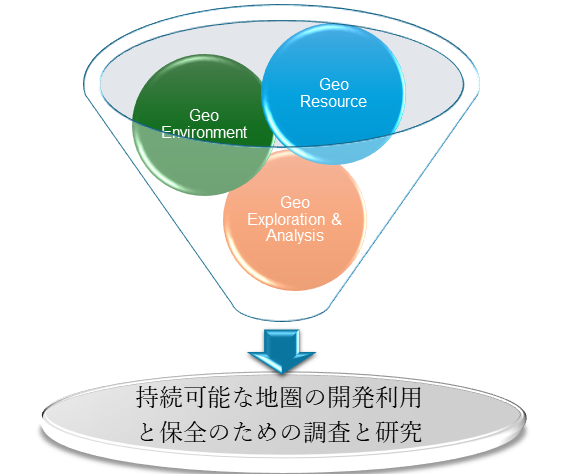
Organization
The division has nine groups, which focused on resources, environment, and technology. Cross-disciplinary and fusion research activities beyond the groups are also active. In addition to research projects that respond to national policies and corporate needs, as well as research and development that is based on original technological seeds, the division is also working to develop intellectual base information, including the development of maps and databases on the hydrological environment, surface soils, and mineral resources, and standardization of technologies for soil contamination and environmental remediation.
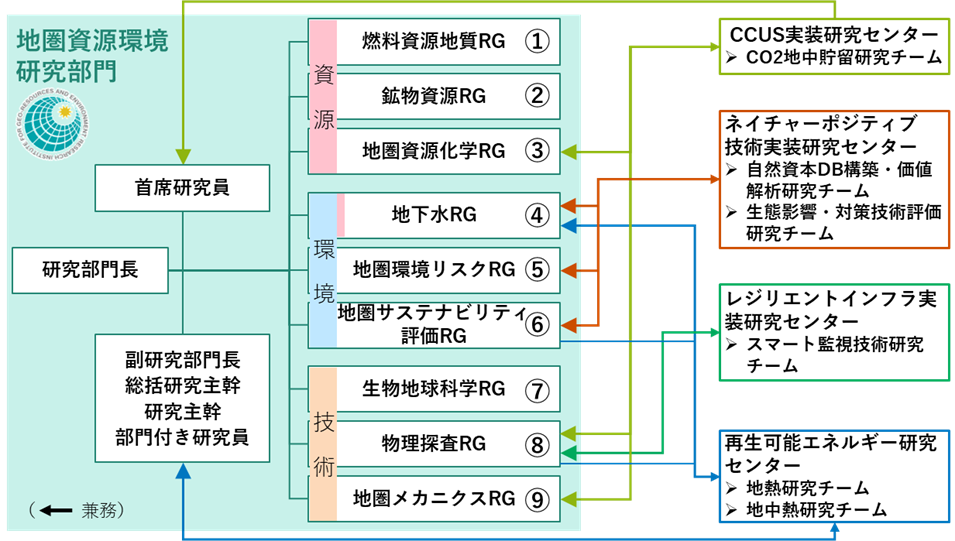
Research group
- Fuel Resource Geology Research Group
- Mineral Resources Research Group
- Geo-Resources Chemistry Research Group
- Groundwater Research Group
- Geo-Environmental Risk Research Group
- Geo-Sustainability Evaluation Research Group
- Biogeoscience Research Group
- Exploration Geophysics Research Group
- Geomechanics Research Group
-
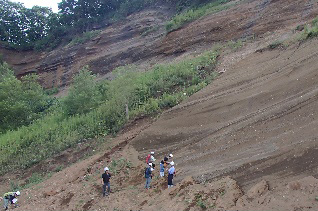 Fuel Resources Geology Research Group
Fuel Resources Geology Research GroupWe conduct research on exploration methods and evaluation technologies for fuel resources such as oil and natural gas.
-
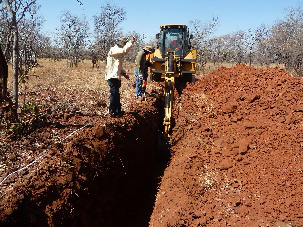 Mineral Resources Research Group
Mineral Resources Research GroupWe conduct research on assessing the development potential of mineral resources and reusing waste ore both domestically and internationally.
-
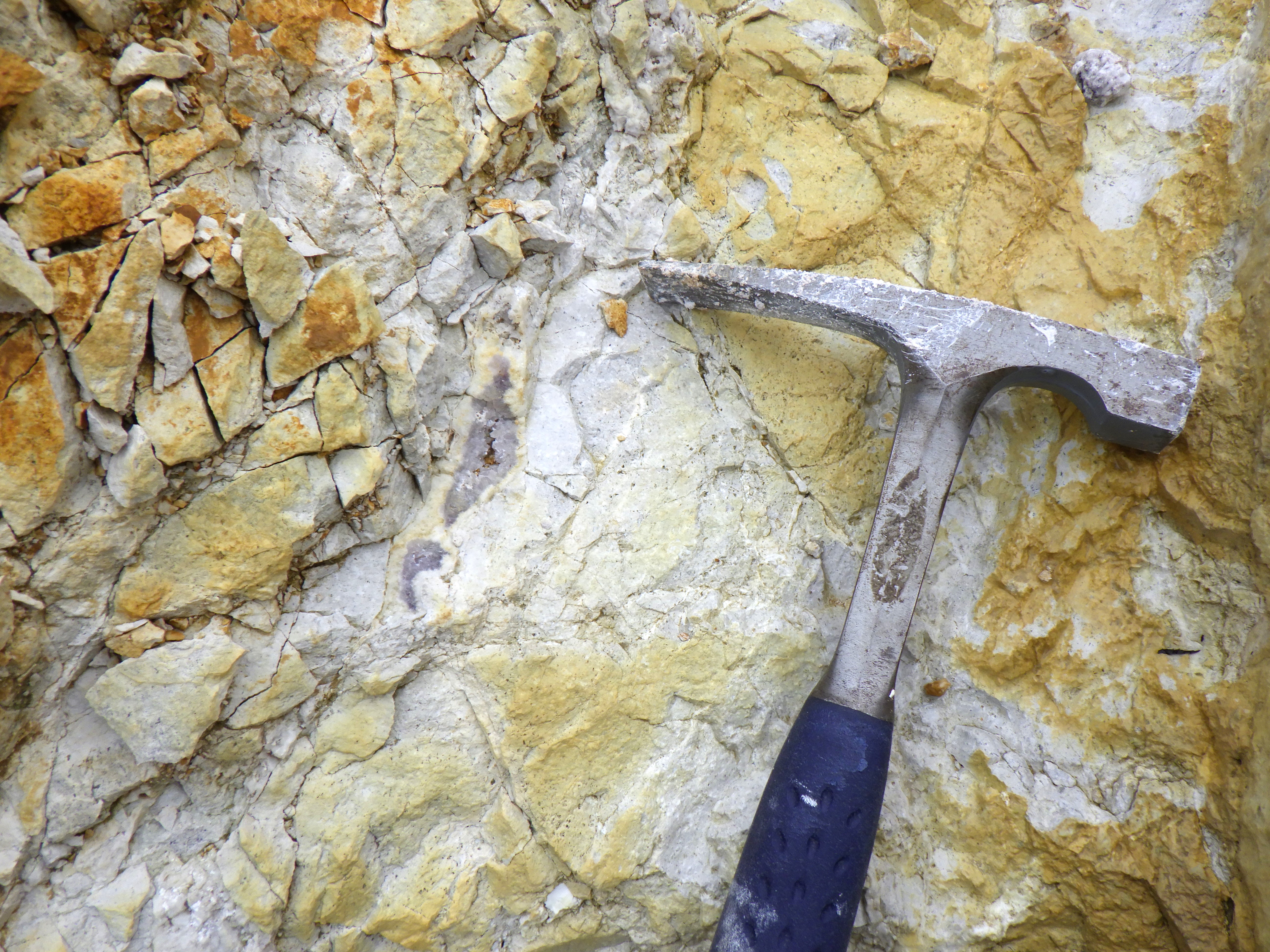 Geo-Resources Chemistry Research Group
Geo-Resources Chemistry Research GroupWe conduct research that contributes to the genesis, development and utilization of resources such as non-metallic minerals and geosphere fluids.
-
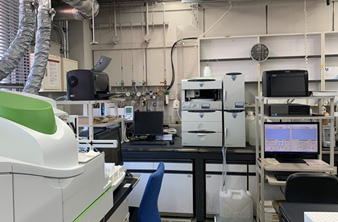 Groundwater Research Group
Groundwater Research GroupWe conduct research using a variety of techniques to learn about the invisible nature and flow of underground water.
-
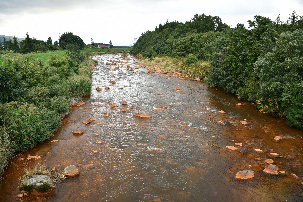 Geo-Environmental Risk Research Group
Geo-Environmental Risk Research GroupThe Geo-Environmental Risk Research Group focuses on developing advanced technologies for assessing and solving various kinds of Geo-Environmental risk problems.
-
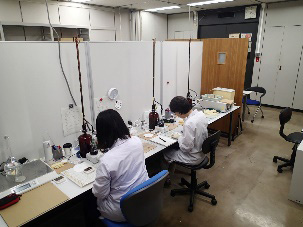 Geo-Sustainability Evaluation Research Group
Geo-Sustainability Evaluation Research GroupWe conduct research on the evaluation of the geosphere environment, including nonmetallic mineral resources and environmental risk assessment.
-
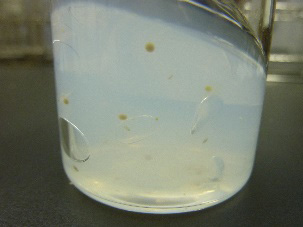 Biogeoscience Research Group
Biogeoscience Research GroupWe investigate the activities of geosphere microorganisms and conduct reserch that is useful for resource development and environmental conservation.
-
Exploration Geophysical Research Group
We develop geophysical exploration technologies that contribute to assessment techniques for social infrastructure maintenance management, resource exploration, CCS leakage monitoring, etc.
-
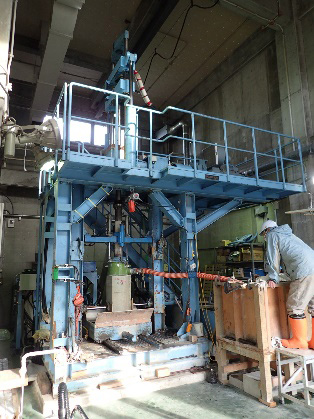 Geomechanics Research Group
Geomechanics Research GroupWe conduct fundamental research and develop applied technologies on geomechanics.
Other Related Organization
- Renewable Energy Advanced Research Center (JP)
- Integrated Research Center for CCUS Implementation (JP)
- Integrated Reserch Center for CCUS implementation CO2 Geological Storage Research Team
- Integrated Reserch Centers (JP)
- Integrated Research Center for Nature Positive Technology (JP)
- Integrated Research Center for Resilient Infrastructure (JP)

